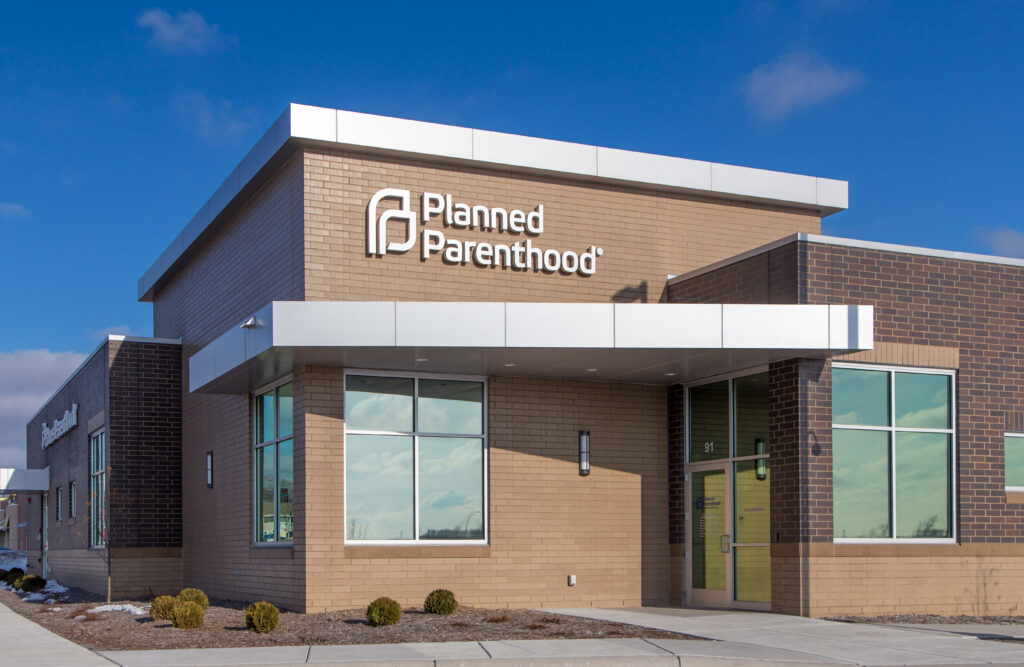Little Sisters of the Poor Ask Supreme Court to Hear Case
The Little Sisters of the Poor are heading back to the Supreme Court in their quest to defend their religious freedom.
The Little Sisters are represented by legal counsel including attorneys from the Becket Fund for Religious Liberty. According to a statement issued by the Becket Fund, “for the second time in two years, the Little Sisters of the Poor must ask the Supreme Court to protect them from the government.”
The Little Sisters case involves the “contraception mandate” stemming from the Obamacare health care law and regulations issued by the Obama administration. The contraception mandate includes drugs that can cause abortion by preventing the implantation of a fertilized egg.

The Charlotte Lozier Institute (CLI) has previously weighed in on the contraceptive mandate litigation, in a brief submitted to the U.S. Supreme Court in the Hobby Lobby case decided in 2014. CLI has also published a paper by Associate Scholar Susan Wills, Esq., explaining that emergency contraceptives can cause early abortions.
In their petition, which was filed on July 23, the Little Sisters provide three reasons for the Supreme Court to take their case.
- “This case presents an exceptionally important question.”
- “The decision below is exceptionally wrong.”
- “The ‘accommodation’ [offered to Little Sisters by the Obama administration] discriminates among religious organizations in violation of the Religion Clauses [of the First Amendment to the U.S. Constitution].”
According to the Becket Fund statement, the Supreme Court is likely to consider the Little Sisters petition in late September or early October. “If the petition is granted, the case would be argued and decided before the end of the Court’s term in June 2016.”
Here is what the Little Sisters state in the questions presented section of their petition (see pages i-ii):
The text of the Affordable Care Act (ACA) says nothing about contraceptive coverage, but it does require employers to “provide coverage” for “preventive care” for women. The Department of Health and Human Services (HHS) has interpreted that statutory mandate to require employers through their healthcare plans to provide at no cost the full range of FDA-approved contraceptives, including some that cause abortions. Despite the obvious implications for many employers of deep religious conviction, HHS decided to exempt only some nonprofit religious employers from compliance. As to all other religious employers, HHS demanded compliance, either directly or via a regulatory mechanism through which they must execute documents that authorize and obligate third parties to use their healthcare plans to facilitate the provision of contraceptive coverage to their employees and that, in the government’s view, put these religious employers and their plans in compliance with the statutory “provide coverage” obligation.
This Court has already considered the direct method of compliance and concluded that it imposes a substantial burden on religious exercise and violates the Religious Freedom Restoration Act (RFRA). It is undisputed, however, that nonexempt religious employers such as petitioners hold equally sincere religious objections to the regulatory method of compliance as well. It is further undisputed that they face draconian fines if they refuse to comply via one of those two avenues.
The questions presented are:
1. Does the availability of a regulatory method for nonprofit religious employers to comply with HHS’s contraceptive mandate eliminate either the substantial burden on religious exercise or the violation of RFRA that this Court recognized in Burwell v. Hobby Lobby Stores, Inc., 134 S.Ct. 2751 (2014)?
2. Can HHS satisfy RFRA’s demanding test for overriding sincerely held religious objections in circumstances where HHS itself insists that overriding the religious objection will not fulfill HHS’s regulatory objective—namely, the provision of no-cost contraceptives to the objector’s employees?
3. Does the First Amendment allow HHS to discriminate among nonprofit religious employers who share the same sincere religious objections to the contraceptive mandate by exempting some religious employers while insisting that others comply?
For more information about the Little Sisters of the Poor and their religious freedom lawsuit against the government, see the Becket Fund website.
Thomas M. Messner is Senior Legal Fellow in the Charlotte Lozier Institute.
























